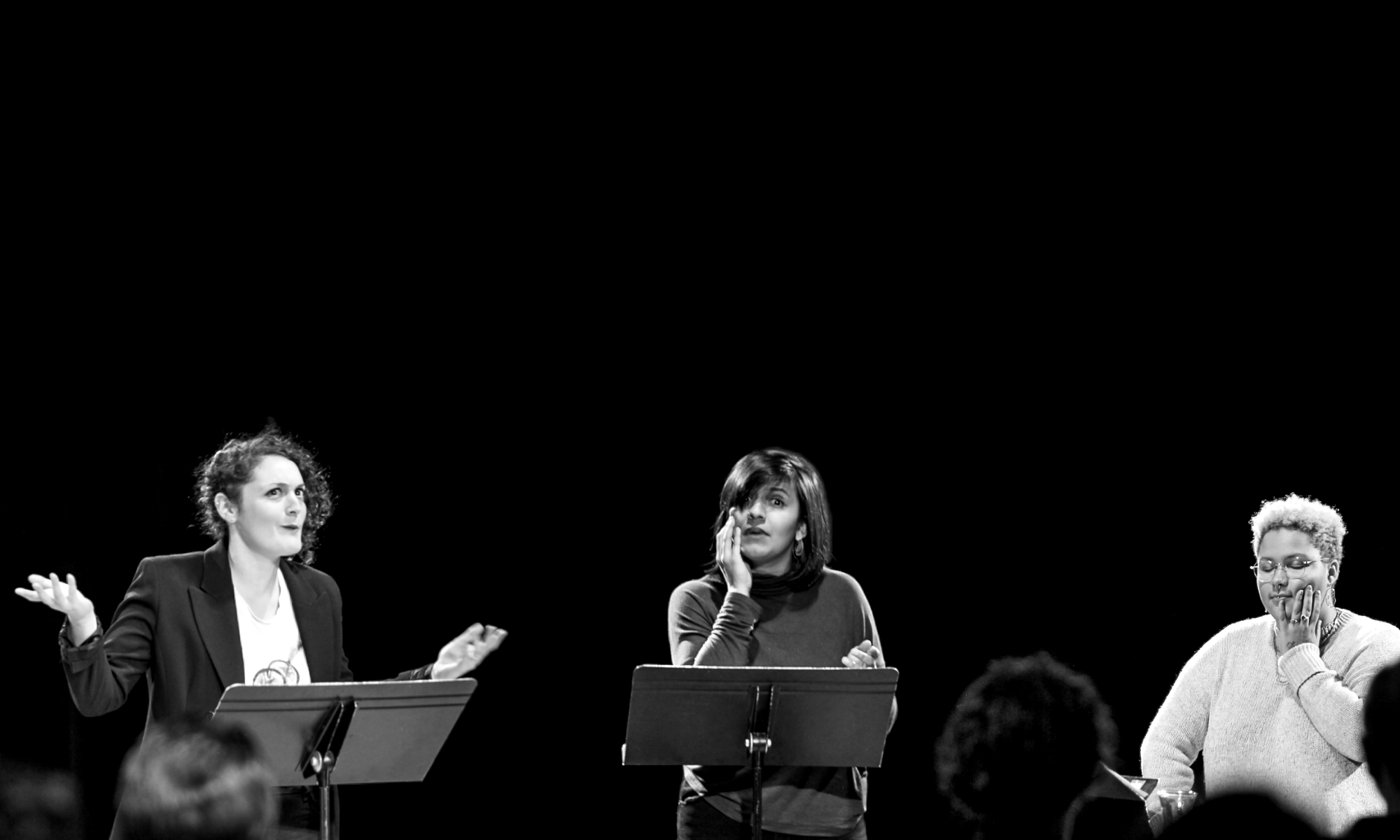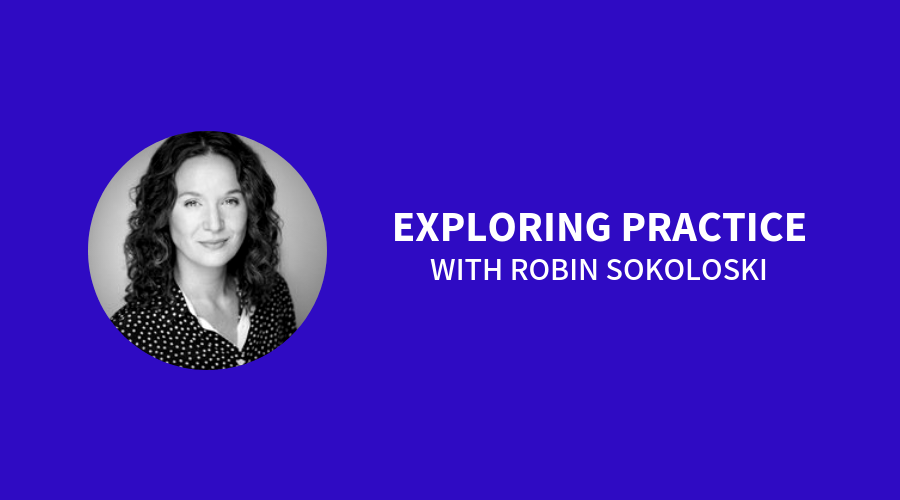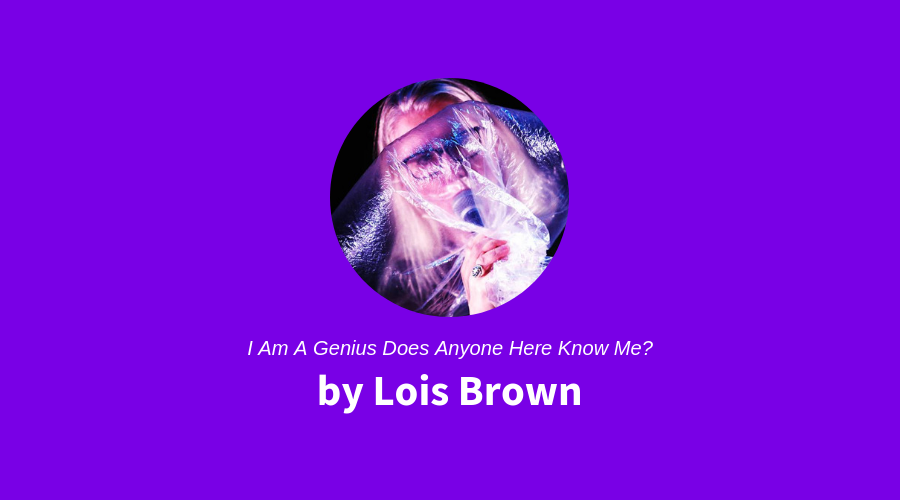By Harris Frost
Acclaimed Canadian Playwright and 2017 Siminovitch Prize winner Marcus Youssef is currently workshopping a new play for young audiences entitled The In-Between with Geordie Theatre in collaboration with Playwrights’ Workshop Montréal. He kindly sat down with us to discuss his new play, his writing process, and how his work engages with hot-button issues (although he’d prefer you didn’t call them that).
PWM: Fist of all, congratulations on winning the Siminovitch Prize. So far, has this win affected your writing habits or the types of projects you gravitate towards?
Marcus Youssef: Well, the projects I have lined up have been lined up for a while. So I guess there hasn’t been any direct change. I feel fortunate in some ways that I’ve been really busy, and was going to be busy anyway. Because I haven’t had too much time to really think about it. I haven’t gone “Oh my god! Now I have to radically rethink everything I do!” Because I think that would ultimately be a mistake. I mean, there’s no question that it’s given me a kind of confidence to pursue some things that I’m thinking about.
PWM: Broadly, what do you think is the role of theatre today?
Marcus Youssef: For me personally, the importance of performance or theatre has to do with the fact that we’re, as people often say, all in a room together. And the aspect of that that feels particularly critical for me at this time is the much-discussed migration of human communication onto screens which, you know, produces exciting benefits of course. At the same time it often leaves me feeling like I’m hungering for connection that’s physical, that involves my body in the presence of other bodies.
And as someone who was raised by secular parents who disavowed their parents’ religion like so many people of my generation in kind of intelligentsia culture or whatever, I do very much feel like theatre is a place of communion for me. That’s related to being in each other’s presence and for me it’s also about it being a place where we can go to experience artists contending with some of the fundamental unknowables of being alive, of being in a society or of being a human.
PWM: The play you’re working on right now is aimed at a teenage audience, what specifically would you say is the importance of theatre to young people
Marcus Youssef: I’m interested in writing work that speaks to young people’s experience. It’s often located in schools. Because kids are compelled to be in schools, legally. So the fact that they spend most of their public time in a place where they are legally required to be, that’s a really fundamental condition. It feels to me like in addition to all their peer relations, schools are places where young people learn about systems, about power, about institutions about bureaucracy and a whole host of other things that are very important to our lives even though they’re not super fun to talk about.
Also, I think I write about schools because most of them are public institutions and public institutions are very important. They’re fundamentally important to the kind of world I want to live in. They are places, unlike many, where everybody is. And as you get older, you get very good at narrowing your social circle to people are like you and agree with you and make you feel good about being you. That’s not what happens in schools. And that’s a really important public function. It’s also really complicated. And that feels like a really rich area of exploration to me.
PWM: What are the major differences in your writing process when you’re writing for adults vs. when you’re writing for younger audiences? In the latter case, are you more likely to start with an “issue” that you want to tackle?
Marcus Youssef: To me the fundamental difference is that, because of the way my writing for teenagers is disseminated – it’s sold to high schools and goes into high schools – to me, the style and genre is already set. So this work is actually more traditional than much of the work I make, which is often much more experimental. These feel more like plays than a lot of my work.
In terms of writing for them, I don’t think the process is very different from the process that I usually employ. I have a question I want to explore or I’ll hit on characters or some sort of conflict. All my work deals with what some people might call issues. And I resist the use of that word because I feel that it’s sometimes unconsciously used as a way of compartmentalizing and making safe what is actually a site of real contention and conflict. And that’s how I would generally describe it, as work that’s about a site of real contention and conflict.
What I love about writing for teenagers and writing work that goes into schools is that it forces me not to be nihilistic. There has to be hope in the work. You can’t leave a bunch of young people going “it’s all fucked, we’re all fucked.” That’s just wouldn’t be fair. Some of my other work is a bit dark so I actually really like the challenge of going: “No, this is not going to end bleakly. It just can’t.” And I really like that, it’s informed my other work.
Another thing I like about writing for teenages is that I’m going to be held to a very clear standard. If they don’t like it, they won’t pay attention, they will undermine it, they will heckle, they will make it clear that it’s not working. I find being held to that standard useful.
PWM: And because this show will be touring schools, in most cases the audience is not electing to see the show, it’s just being put in front of them.
Marcus Youssef: Yeah, I think I’m always considering the fact that half or more of the audience will be coming in having no idea what they’re going to see and with a very legitimate reason to not want to engage with it at all. Then it becomes my job to acknowledge that somehow in the writing and also to offer some reasons why it might be worth engaging with. And actually, I should do that more in my other work. Because what that implies is a deep respect for my audience and I think that’s really important.
PWM: And do you find it difficult navigate these (for lack of a better word) issues without coming off as didactic?
Marcus Youssef: If there’s one thing I think I’m pretty good at, it’s that. It’s figuring out ways to get inside contentious social or personal questions, and to do that in a way that is not didactic. And really that just means being willing to surrender having the right answer. The word “issue” gets employed when authority has decided that they know the correct response and the correct behaviour. A point of contention is experienced by multiple people with multiple perspectives any one of which has legitimate and illegitimate reasons behind it. And to me that’s what it’s about, recognizing the complexity behind anybody’s experience of a point of contention.
And then humour. Humour is a way of manifesting complexity in a way that allows us to experience a moment of relief and recognition at the fundamental irresolvability of the conflicts that we have in our lives. Cause that’s the illusion, right? The illusion is peddled that if we just figure out all the answers, then everything will be perfect. And it’s art’s function I would say to hold a mirror up to that lie.
PWM: How much do your plays tend to change from the first table read to the final performance?
Marcus Youssef: Oh, a lot. I’m a writer who likes to work collaboratively. At the first table read we did with this play I brought what I called a first draft. But it wasn’t really a first draft, it was really just collections of scenes and scene fragments. They rarely have a throughline. The plot is something that evolves over time. For me, that almost always happens in workshops and almost always when working with Emma Tibaldo because she’s extremely good at plot.
PWM: And you’ve worked with Playwrights’ Workshop Montréal a few times before, correct?
Marcus Youssef: Yeah, I think is my third time working with PWM. And Emma is a dramaturg I deeply respect and admire so much. When I was dramaturging a piece out West that my company was commissioned and I asked her to send me her bullet notes to being a good dramaturg. And they were five of the smartest, clearest instructions that I could imagine. Things like “Don’t settle on what you think until the third read.” Just really practical and excellent suggestions.
A place like PWM has been a tremendously important resource to me. Besides all the terrific people who work here, it’s important to have another voice in the room that’s the writer’s and that’s not the commissioner. These have been among my most successful commissions.
I often find as the writer that I get as much from the commissioner and the dramaturg disagreeing as I do when they agree. Because it’s all conflict, right? It’s all about how conflict manifests because drama is conflict, essentially. And in a way, they’re unconsciously representing the conflict that exists in the play.
The other part of play development centers that’s really important is the resources that they put into the development of new work. That’s critical a to playwright like me. I wouldn’t be flying out here if it wasn’t for PWM and this just wouldn’t be happening.
The In-Between will tour High Schools and CEGEPs across the province as a part of Geordie Theatre’s 2018-2019 season. The scripts for Peter Panties and King Arthur’s Night, both co-written with Niall McNeil, will be published this month. The latter show is also being prepped for an international tour. Marcus is currently writing Theatre Replacement’s annual Christmas Pantomime show. Jabber, another Geordie production developed with PWM, is touring Saskatchewan with the Persephone Theatre next year. The show is also being produced in German at the Grips Theatre in Berlin in the Fall.

















